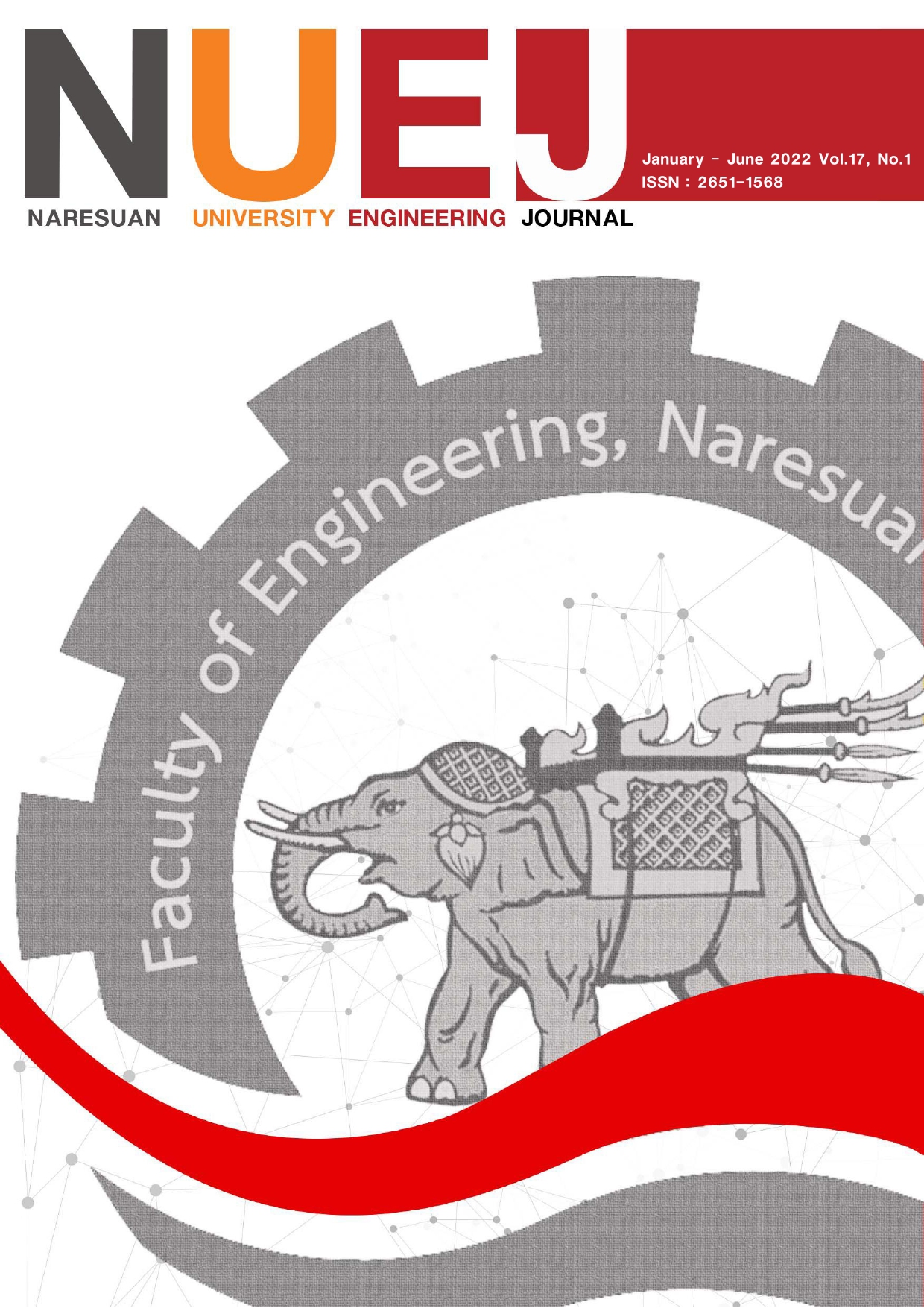Power Generation Scheduling of Hydropower Plants Using an Artificial Neural Network (ANN)
Main Article Content
Abstract
This paper presents the determination of power generation in hydropower plants using an artificial neural network ANN in the Central-1 region power grid of EDL. The goal aims to reduce the generation cost in terms of the total cost of each power plant to generate the electricity at its lowest point and to maximize the power generation to balance the supply and demand sides. The proposed ANN is applied to solve an optimal generation scheduling, an optimization problem, and an economical dispatching problem. In addition, a quadratic function uses the Lambda iteration method to consider an optimal dispatch problem in a hydropower plant system. Use the ANN tool in MATLAB to solve the power plant generation problem and train it with the back-propagation algorithm considered as 10 power plants in EDL's Central-1 region power grid. The results of the studies show the best-operating costs in comparison between the proposed ANN and the lambda iteration method, which are significantly less than the operating costs of the current system. For the ANN accuracy is measured using the Root Mean Square Error RMSE of the input-output relationship. It shows that the ANN is highly efficient and has an accuracy of better than 0.90.
Article Details

This work is licensed under a Creative Commons Attribution-NonCommercial-NoDerivatives 4.0 International License.
References
Estoperez, N., & Nagasaka, K. (2006). An artificial neural network-based micro-hydro power generation scheduling: considering demand profile and environmental impact. Clean Technologies and Environmental Policy, 8(2), 123-130.
EDL. (2020, October 29). Annual Report 2019. http://www.edl.com.la/file_post.php?id=12
Naresh, R., & Sharma, J. (2000). Hydro system scheduling using the ANN approach. IEEE Transactions on power systems, 15(1), 388-395.Electrical Engineering of Riga Technical University (RTUCON), pp. 1-6. IEEE, 2016.
Sauhats, A., Petrichenko, R., Broka, Z., Baltputnis, K., & Sobolevskis, D. (2016, October). ANN-based forecasting of hydropower reservoir inflow. In 2016 57th International Scientific Conference on Power and Electrical Engineering of Riga Technical University (RTUCON) (pp. 1-6). IEEE.
Dogra, R., Gupta, N., & Saroa, H. (2014, January). Economic load dispatch problem and Matlab programming of different methods. In International conference of advance research and innovation (ICARI-2014).
Arora, I., & Kaur, M. (2016, November). Unit commitment scheduling by employing artificial neural network-based load forecasting. In the 2016 7th India International Conference on Power Electronics (IICPE) (pp. 1-6). IEEE.
Suman, M., Rao, M. V. G., Hanumaiah, A., & Rajesh, K. (2016). Solution of economic load dispatch problem in power system using lambda iteration and backpropagation neural network methods. International Journal on Electrical Engineering and Informatics, 8(2), 347.
Liang, R. H., & Hsu, Y. Y. (1994). Scheduling of hydroelectric generations using artificial neural networks. IEE Proceedings-Generation, Transmission, and Distribution, 141(5), 452-458.
Tufegdzic, N. (1997). Optimal scheduling and dispatch for hydroelectric generation (Doctoral dissertation, University of Tasmania).
Kilinç, I., & Ciğizoğlu, K. (2012). Reservoir management using artificial neural networks. 14th. Reg. Directorate of DSI (State Hydraulic Works), Istanbul, Turkey.
Shadaksharappa, N. M. (2011). Optimum generation scheduling for thermal power plants using artificial neural network. International Journal of Electrical and Computer Engineering, 1(2), 134.
Dike, D. O., Adinfono, M. I., & Ogu, G. (2013). Economic dispatch of generated power using the modified lambda-iteration method. IOSR Journal of Electrical and Electronics Engineering, 7(1), 49-54.
Saeed, I. K. (2019). Artificial Neural Network Based on Optimal Operation of Economic Load Dispatch in Power System. Zanco Journal of Pure and Applied Sciences, 31(4), 94-102.
Imen, L., Mouhamed, B., & Djamel, L. (2013, November). Economic dispatch using classical methods and neural networks. In 2013 8th International Conference on Electrical and Electronics Engineering (ELECO) (pp. 172-176). IEEE.


